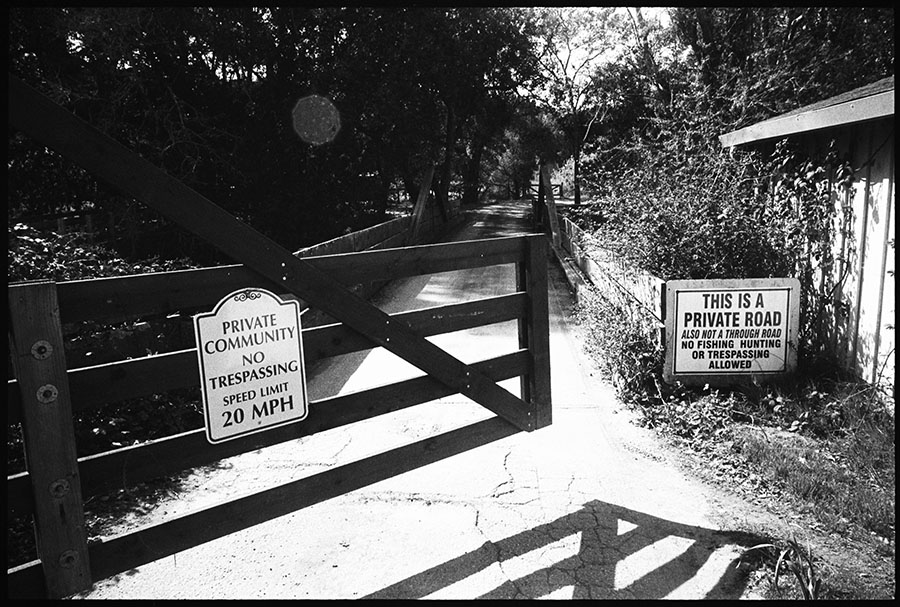Nicasio rancher Mark Pasternak has a legal right to the single road that leads to Devil’s Gulch Ranch, according to a tentative decision . . .
Tentative ruling gives Nicasio rancher right to only access road


Nicasio rancher Mark Pasternak has a legal right to the single road that leads to Devil’s Gulch Ranch, according to a tentative decision . . .